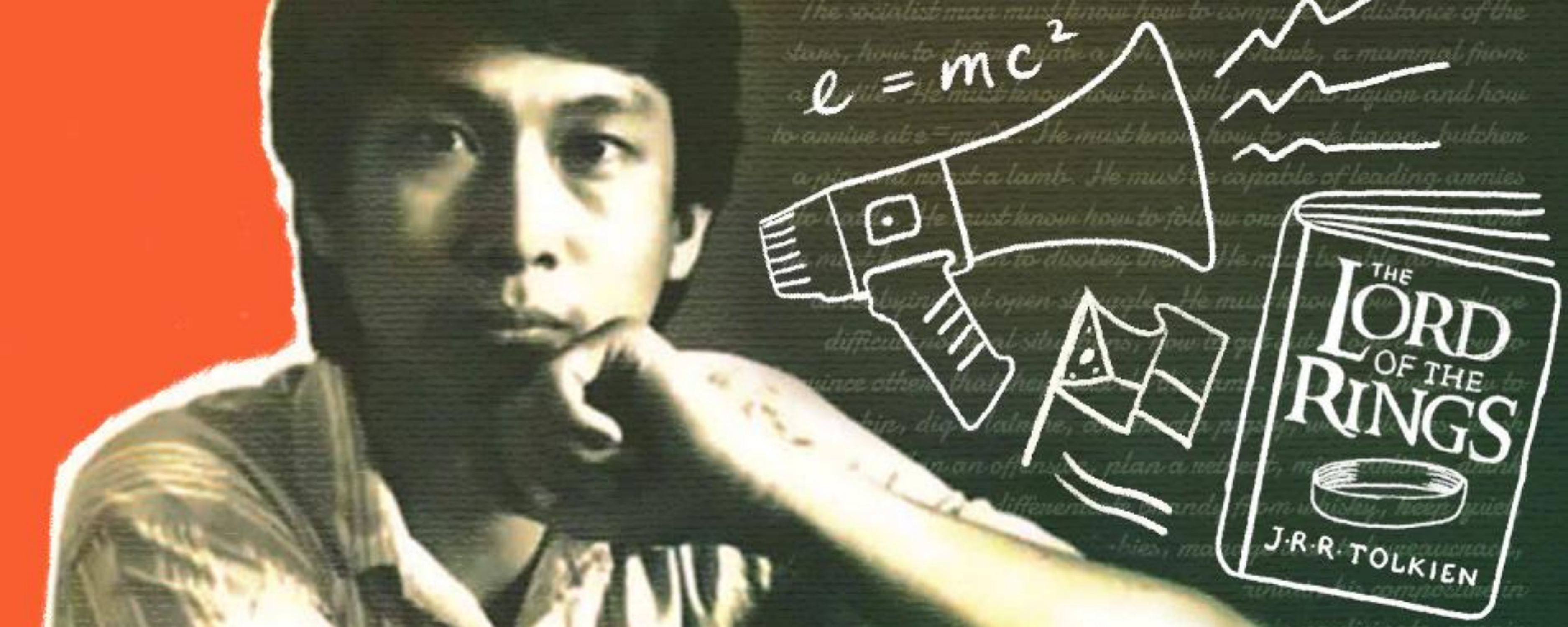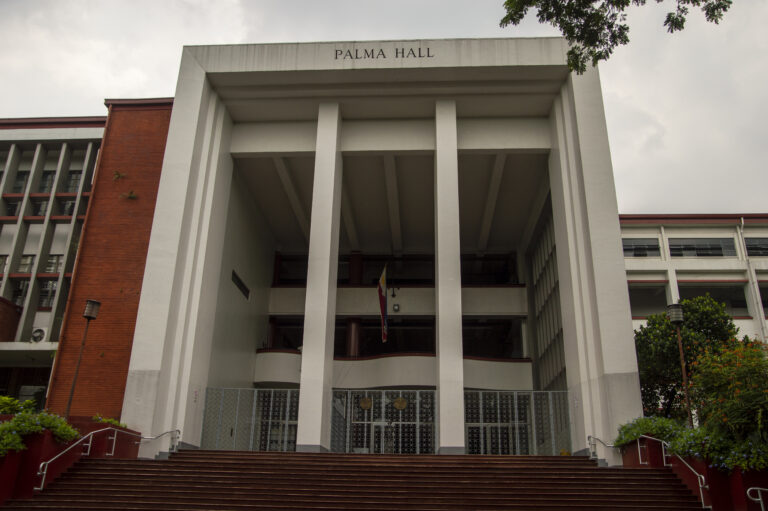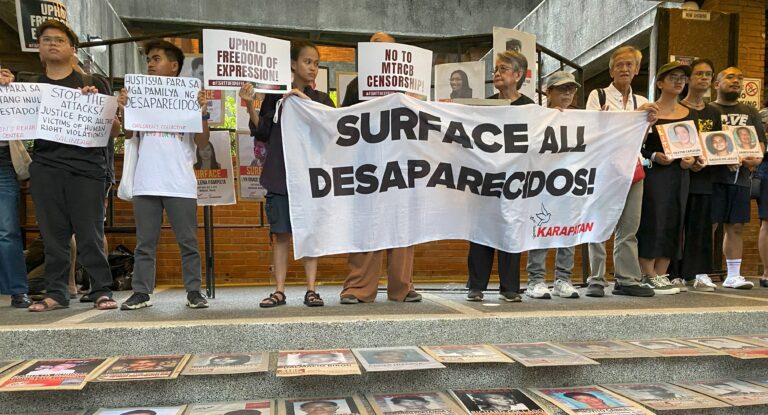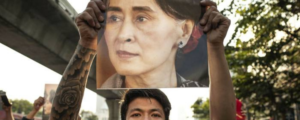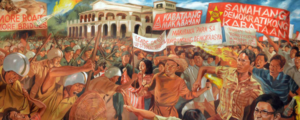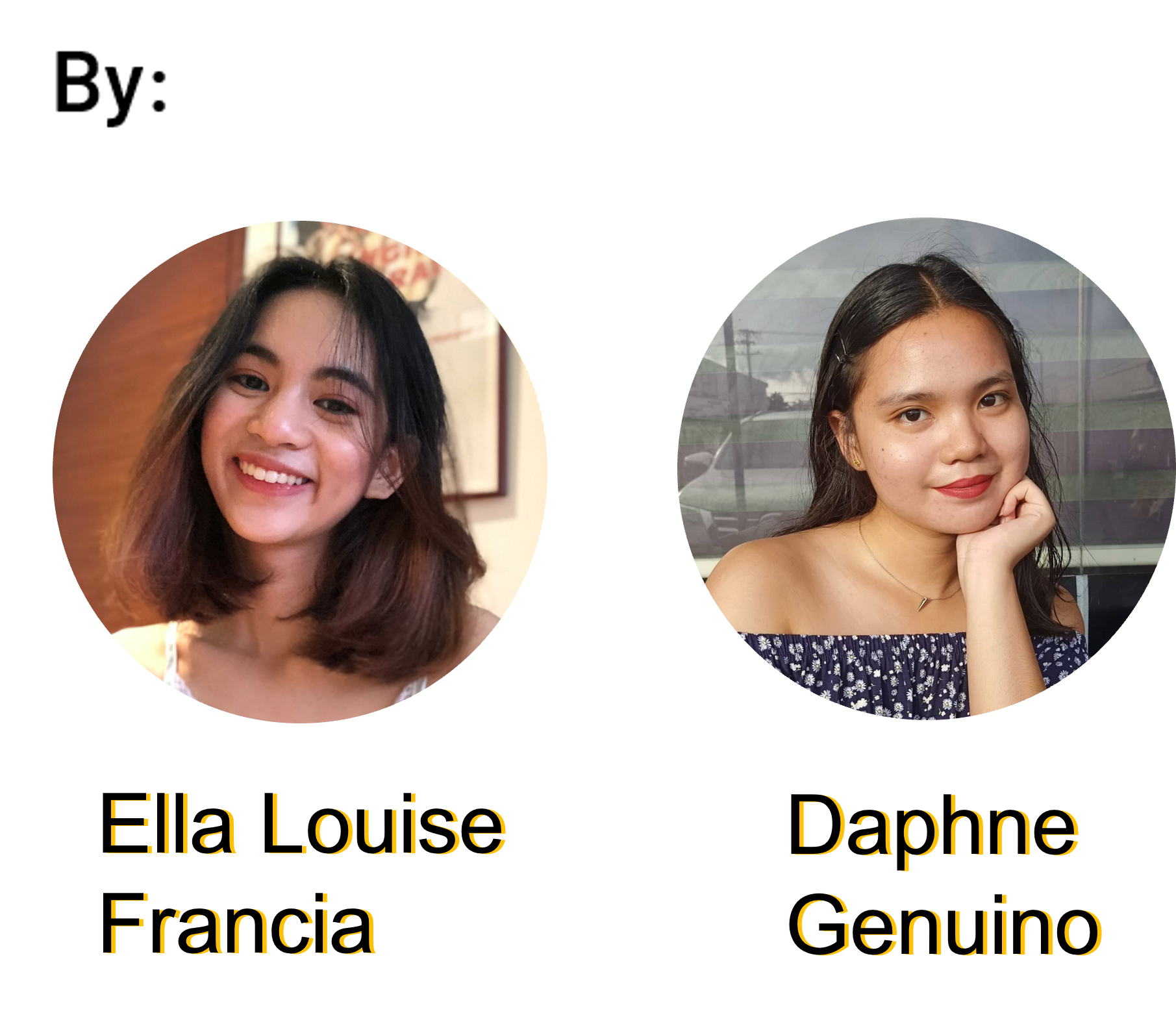
“The struggle for freedom is the next best thing to actually being free.”
Over 30 years after fallen activist Lean Alejandro first spoke these words, the message is as relevant as ever, especially as the Philippines suffers under a fascist regime determined to suppress the nation’s voices of dissent.
Lean’s legacy as a student leader in UP Diliman during the time of the Marcos dictatorship is a testament to his commitment to serve his fellow countrymen by exposing the faults of the Marcos regime despite the incessant attacks of the state against those who expressed any criticism against the administration.
Through his position as the chairperson of the College of Arts and Sciences Student Council and the chair for national youth organizations such as the Youth for Nationalism and Democracy, he demonstrated his distinguished leadership which was exhibited in his confidence, charisma, but above all else, his willingness to fight for the rights of the youth and his compassion to reach out to marginalized communities.
He attended countless rallies and spoke on behalf of the student body in dozens of demonstrations, standing alongside the masses even in the direst times. According to his professors, he was an astute strategist and an eloquent speaker. At the end of every demonstration, he would come to them for feedback and support, ensuring that he was also able to capture the broadest line of offense against the administration. He was also a features writer of the Philippine Collegian, where he used his articles as a platform to be a staunch critic against the atrocities of the regime.
But beyond all of these achievements, he was also just an ordinary student. He was a bookworm who was obsessed with the Lord of the Rings franchise— often quoting lines from the books to his peers and making parallelisms between fiction and the reality they faced during the time.
“Does the fellowship have what it takes to complete its task, or will the powers of evil overcome those of good leaving behind a world ravaged by the rage of Sauron, the Dark Lord?” was a quote he often used to tease the students in the council where the Dark Lord in their context was President Marcos.
He also loved music— always enthusiastic about participating in the singing and chanting during the performances of cultural nights where they sang revolutionary songs with one another. Although he was oftentimes serious during student council meetings, he was the one who laughed the loudest during the times they spent together as friends.
The great Lean Alejandro, whose life and works inspired generation after generation of activists, was a regular student like many of us. He walked the halls that we would be walking had it not been for the government’s botched pandemic response. He took to the same streets that the student activists of today bravely march.
It was exactly in this simplicity— in his being one of us— that he was able to understand the oppression of the studentry and of the masses. He related the things that he learned to the experience of the common Filipino citizen, saw the blatant injustice, and did not sit idle.
He did not just understand oppression, he lived it. And he spent several years struggling against it, even at the cost of his own life.
He was neither a genius nor a superhero, but he had an unwavering devotion to serve the Filipino people that drove him into action and carved his name in history. After all, it does not take a genius to empathize with the broad lines of the masses suffering under an oppressive administration.
It just goes to show that activism requires neither exceptional intellectual prowess nor otherwordly valor. Activists are humans — they have questions and fears. Nevertheless, they remain. They persist. Because there are injustices to be sought accountability for, rights to protect, lives to stand for. From the time of Lean Alejandro to this day, it has always been the radicalizing conditions of a grossly unequal society and the firm resolve to stand with the masses who bear the brunt of such conditions that propelled activists to trudge on, despite being painted as terrorists and outlaws through red-tagging and state attacks.
Especially in a time of much political turmoil, the least we can do to honor the activists who courageously stood and continue to stand in the line of fire is to take a stand. Neutrality has no place when oppressors are, directly and indirectly, figuratively and literally, taking the lives of the oppressed.
Lean Alejandro said it best: “the tragedy of silence, indifference, is the most pathetic tragedy of all”.
Featured image courtesy of Gica Tam / Lean Alejandro Facebook Page

